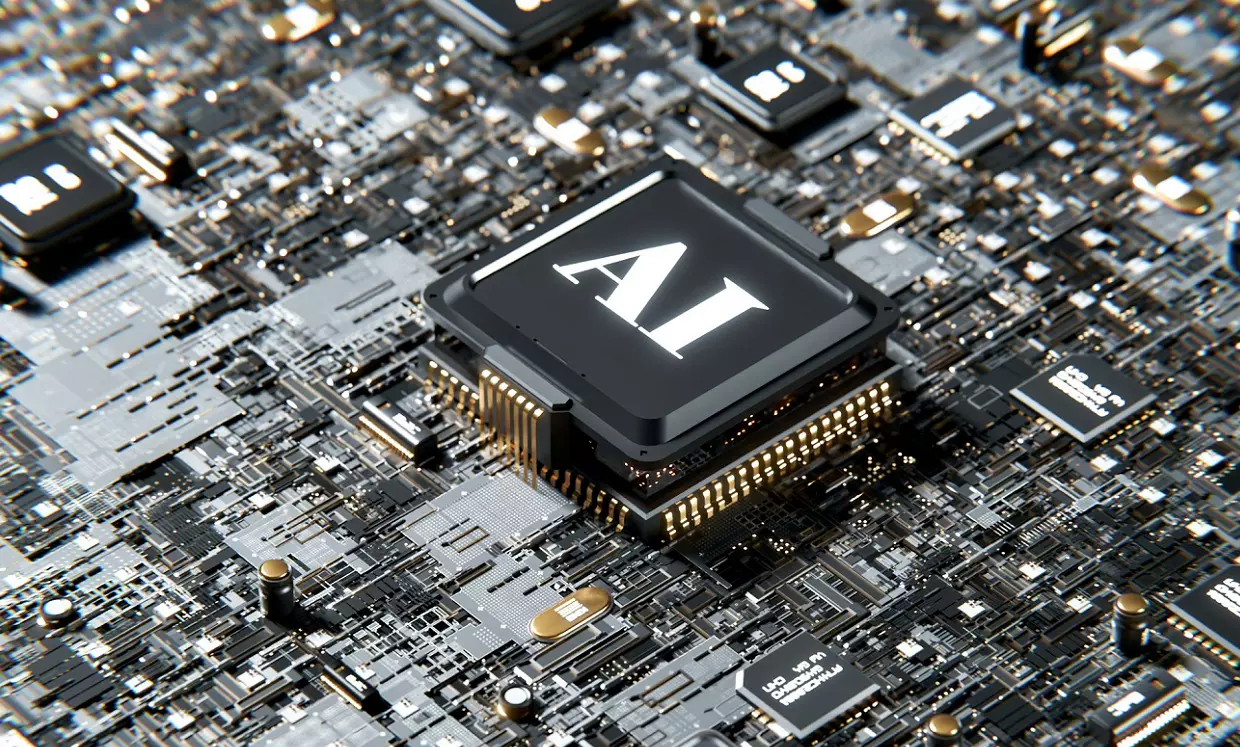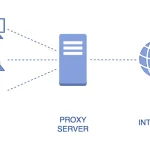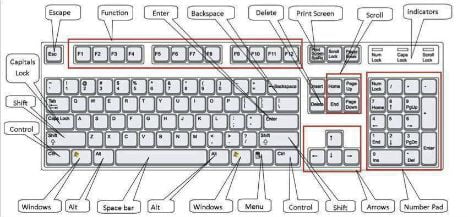AI Agents Revolutionize Online Shopping with Virtual Try-On and Smart Bargaining
In a bold move that’s reshaping the future of e-commerce, major tech companies are deploying advanced AI agents capable of helping consumers try on clothes virtually, negotiate prices, and make smarter purchase decisions—without lifting a finger.
The evolution from generative AI (GenAI) to autonomous AI agents marks a significant shift in how users interact with online retailers. These agents aren’t just passive assistants. They are proactive digital shoppers with the ability to analyze preferences, perform tasks independently, and even make complex decisions on behalf of users.
“This is essentially the next step in the evolution of the shopping experience,” said Angelo Zino, analyst at CFRA Research.

Google Leads with AI-Powered Shopping Experience
At the forefront of this shift, Google recently unveiled an AI shopping mode that allows users to upload a photo and see how they’d look in outfits found online. The system intelligently adjusts clothing size and visual details like fabric folds, offering a near-realistic virtual fitting experience.
Once users choose their desired items, they can input the price they’re willing to pay. The AI agent then searches the internet for matching deals and notifies the shopper when one is found—offering the option to complete the purchase using Google’s integrated payment system.
“They’re competing inch-by-inch with Amazon,” commented Avi Greengart, analyst at Techsponential.
Competitors Join the Race
OpenAI, not far behind, has integrated shopping into ChatGPT, enabling it to suggest products, provide consumer reviews, and link directly to retailer websites. AI startup Perplexity also allows users to complete purchases without leaving its app.
Amazon, the world’s largest online retailer, introduced a “Buy for Me” feature in its AI assistant Rufus earlier this year, empowering users to shop across non-Amazon platforms using simple commands.
Walmart is also entering the AI race. Hari Vasudev, Walmart’s Chief Technology Officer, confirmed that the company is embedding AI agents into its online portal and working with partners to ensure its products are prioritized in AI-powered discovery systems.
Meanwhile, Visa and Mastercard have upgraded their systems to support AI-driven payments, preparing for a future where digital agents may soon handle a majority of online transactions.
Redefining the Retail Game
The rise of AI agents introduces a new type of consumer: the machine shopper. Retailers now face a unique challenge—optimizing their offerings not just for humans, but for intelligent systems making decisions on their behalf.
“Retailers will need to understand what appeals to AI agents, not just human buyers,” said Elise Watson, consultant at Clarkston Consulting.
Despite concerns about disruption, Zino believes AI shopping won’t upend the retail space overnight. However, he sees a distinct advantage for companies like Google and Meta, thanks to their deep AI expertise and massive user data pools.
Data, Trust, and the Future of AI Shopping
The growing role of AI in shopping raises critical questions around privacy and data ownership. Google, for instance, plans to refine consumer profiles based on search behavior, but says users will need to explicitly authorize access to private data like emails or app activity.
Some experts warn that letting machines handle purchases may cause anxiety for users, especially given the lack of robust legal frameworks governing AI commerce.
“The next phase of e-commerce hinges on whether we can trust machines to shop for us,” said Chris Jones, CEO of PSE Consulting.
A Stepping Stone to AGI?
Experts agree that AI agents represent a transitional stage toward artificial general intelligence (AGI). These systems go beyond chatbots, executing complex tasks, integrating with diverse digital systems, and operating independently for extended periods.
“Unlike traditional assistants that simply respond to questions, AI agents can proactively complete goals and make autonomous decisions,” explained AI expert Nguyễn Hồng Phúc.
As AI agents continue to evolve, they are set to redefine how consumers discover, evaluate, and purchase products—ushering in a new era where machines might become our most trusted shopping companions.






